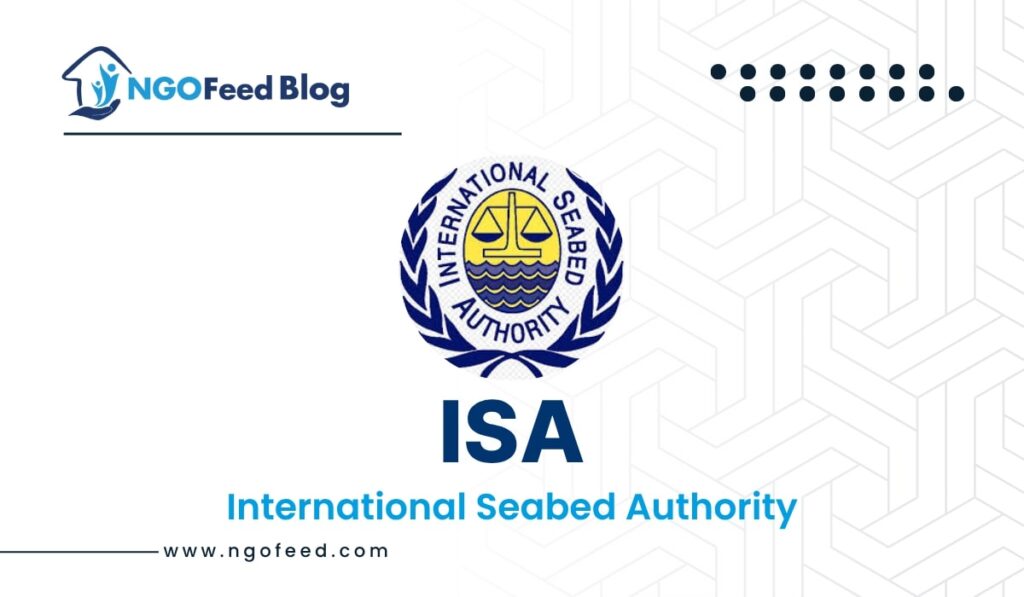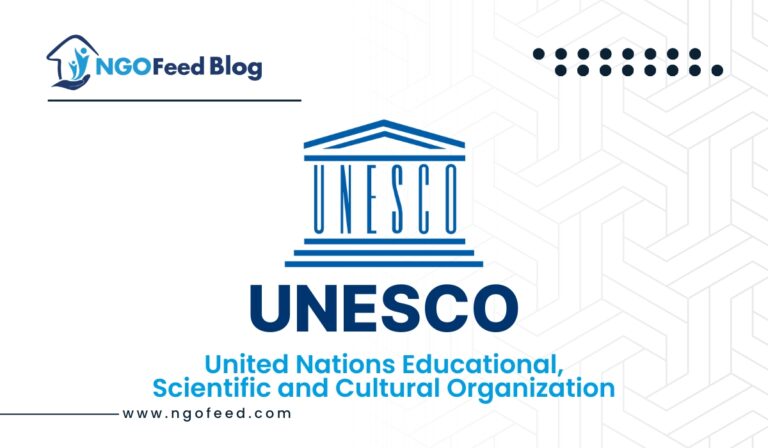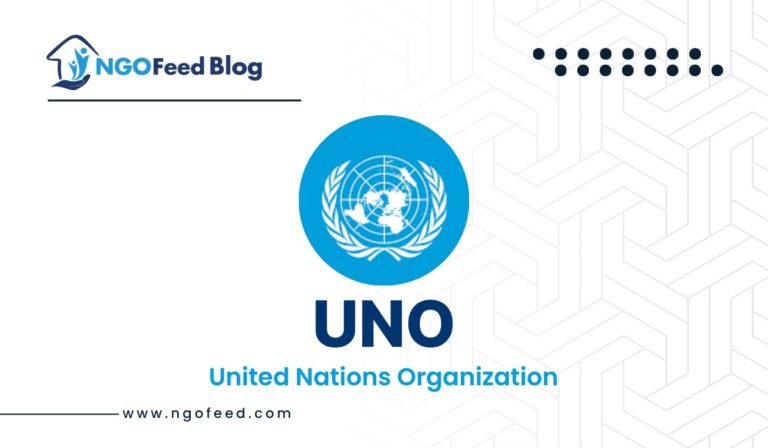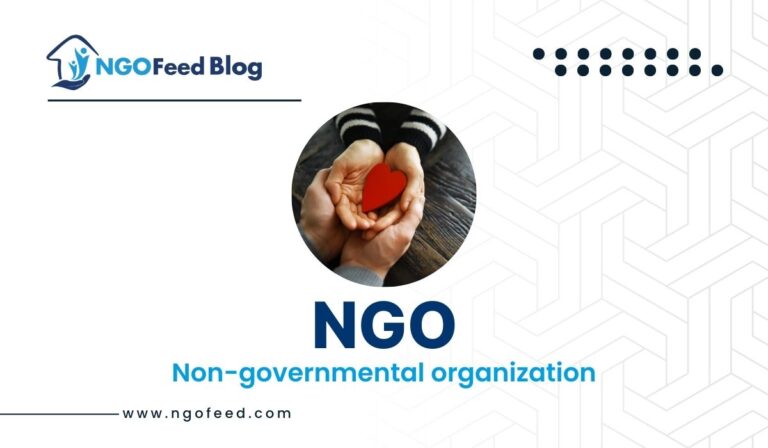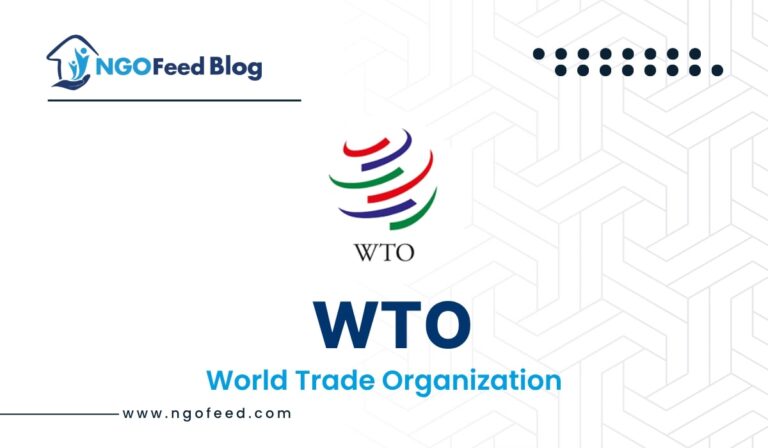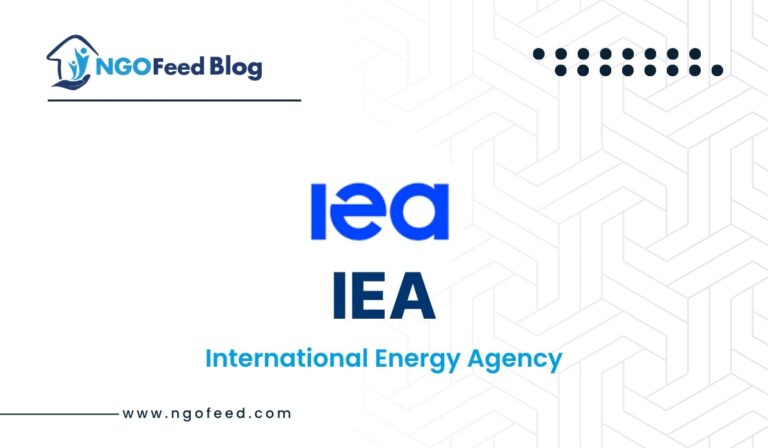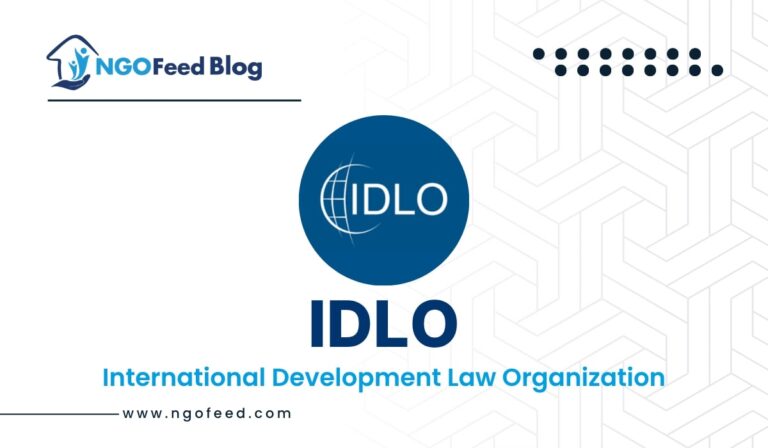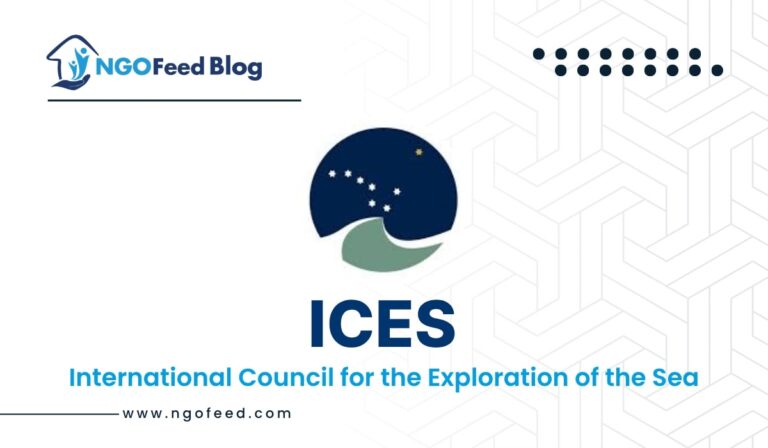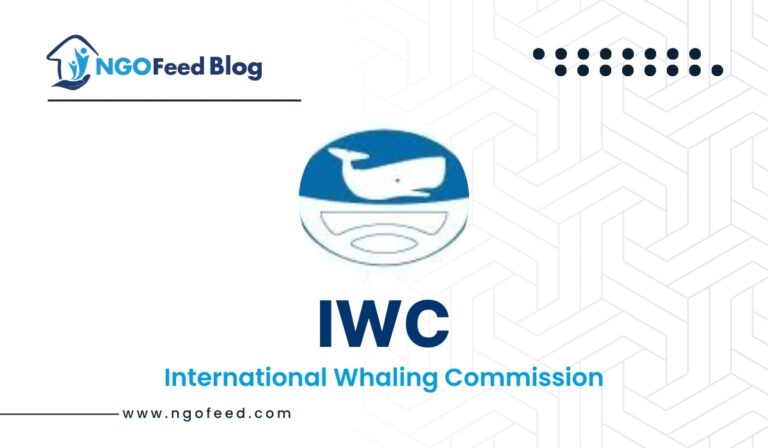The ISA Full Form is the International Seabed Authority under the 1982 United Nations Convention on the Law of the Sea (UNCLOS) and the 1994 Agreement pertaining to the Implementation of Part XI of the United Nations Convention on the Law of the Sea, the International Seabed Authority (ISA) was created as an independent international agency (1994 Agreement).
States Parties to UNCLOS coordinate and oversee all operations relating to mineral resources in the Area through ISA for the benefit of all people. By doing this, ISA can effectively preserve the marine ecosystem from any negative repercussions from deep-seabed-related activities.
Table of Contents
History
On November 16, 1994, the day the Convention went into effect, the Authority conducted its first official meeting in Jamaica, its host nation. The authority’s bylaws were created, “noting the political and economic changes, particularly market-oriented approaches, affecting the execution” of the convention. In October 1996, the Authority received observer status with the UN. The European Union and all signatories to the UN Convention on the Law of the Sea comprise the Authority’s current membership of 167. The Authority does business by entering into contracts with private and public enterprises and other organisations, granting them permission to investigate and possibly exploit certain sections of the deep seabed for natural resources like cobalt, nickel, and manganese.
ISA Overview
| ISA Full Form | International Seabed Authority |
| Headquarters | Kingston, Jamaica |
| Formation | 16 November 1994 |
| Managing Director | Michael W. Lodge |
| Method | Social science research |
| Website | www.isa.org.jm |
| Official languages | English |
ISA Functions
The International Seabed Authority (ISA) organises, regulates, and oversees all mineral-related activities outside of sovereign authority in the international seabed region. The International Seabed Authority of India (ISA) performs a number of important tasks, some of which are listed below:
- Regulation of mining in the deep seabed.
- Protection against the negative consequences of mining, exploration, and exploitation on the marine environment.
- Additionally, the authority supports marine scientific research and holds training sessions, conferences, seminars, and workshops on technical and scientific topics.
Who are the governing bodies of ISA?
The International Seabed Authority (ISA), headquartered in Kingston, Jamaica, comprises 167 parties to the United Nations Convention on the Law of the Sea and the European Union. These organisations command and oversee the International Seabed Authority (ISA):
- The International Seabed Authority’s assembly comprises all ISA members and is the body’s highest authority. General budgets and policies must be established by this legislature.
- ISA elects a 36-member council that serves as the organization’s executive authority, which approves contracts with private businesses and governmental organisations. These agreements cover the mining and exploitation of the designated international seabed zones.
- Secretary-General: The ISA’s secretary-general is chosen by the council and served by the assembly for four years. The International Seabed Authority’s current secretary-general is Michael W. Lodge (ISA).
The Finance Committee handles issues pertaining to the budget. Additionally, the Council and Finance Committee are under the jurisdiction of the 30-member strong Legal and Technical Commission. Governments have selected each member, who is an expert, to represent them individually.
Frequently Asked Questions (FAQs)
What is the ISA Full Form?
The ISA Full Form is International Seabed Authority.
When ISA is established?
The ISA was established on 16 November 1994.
What is the purpose of ISA?
The purpose of ISA is the Regulation of mining in the deep seabed, Protection against the negative consequences of mining, exploration, and exploitation of the marine environment.

